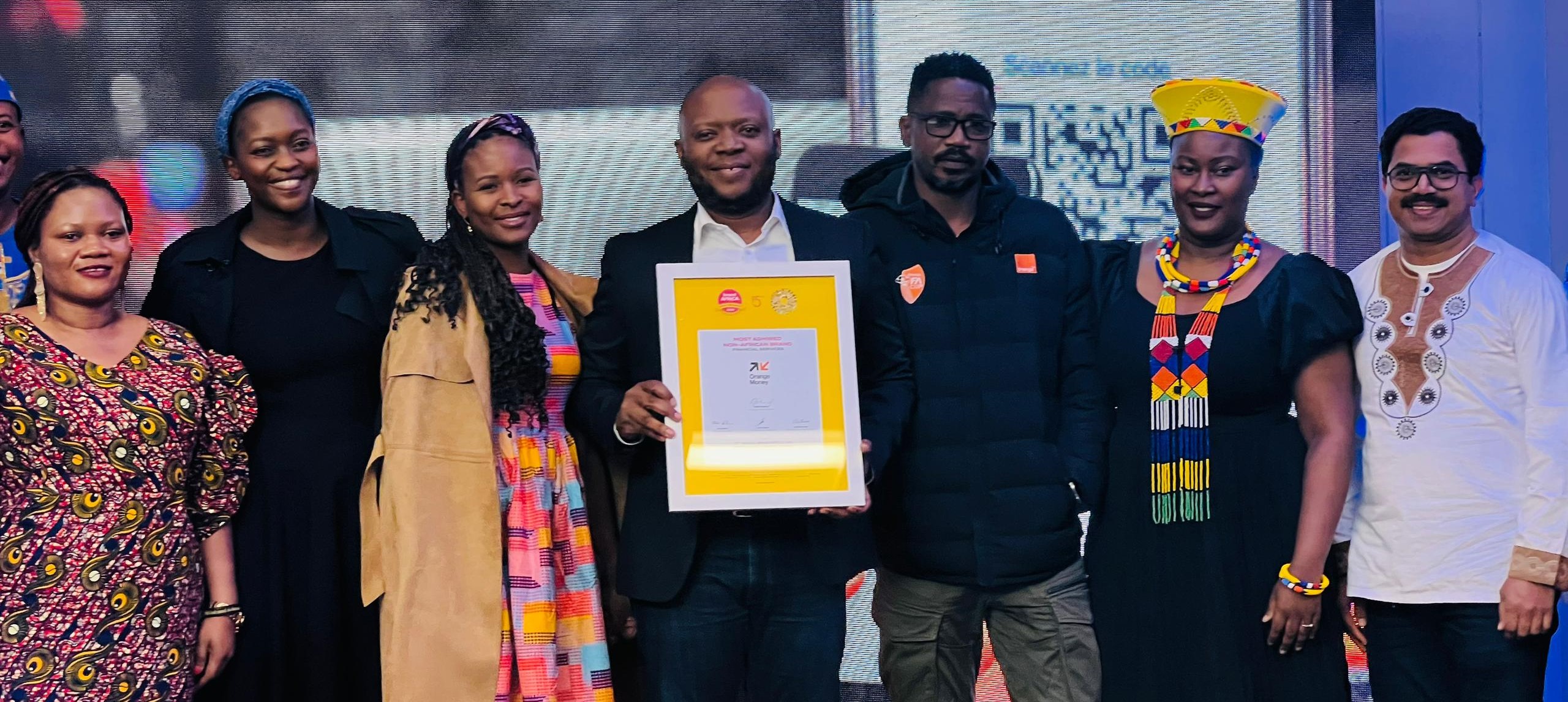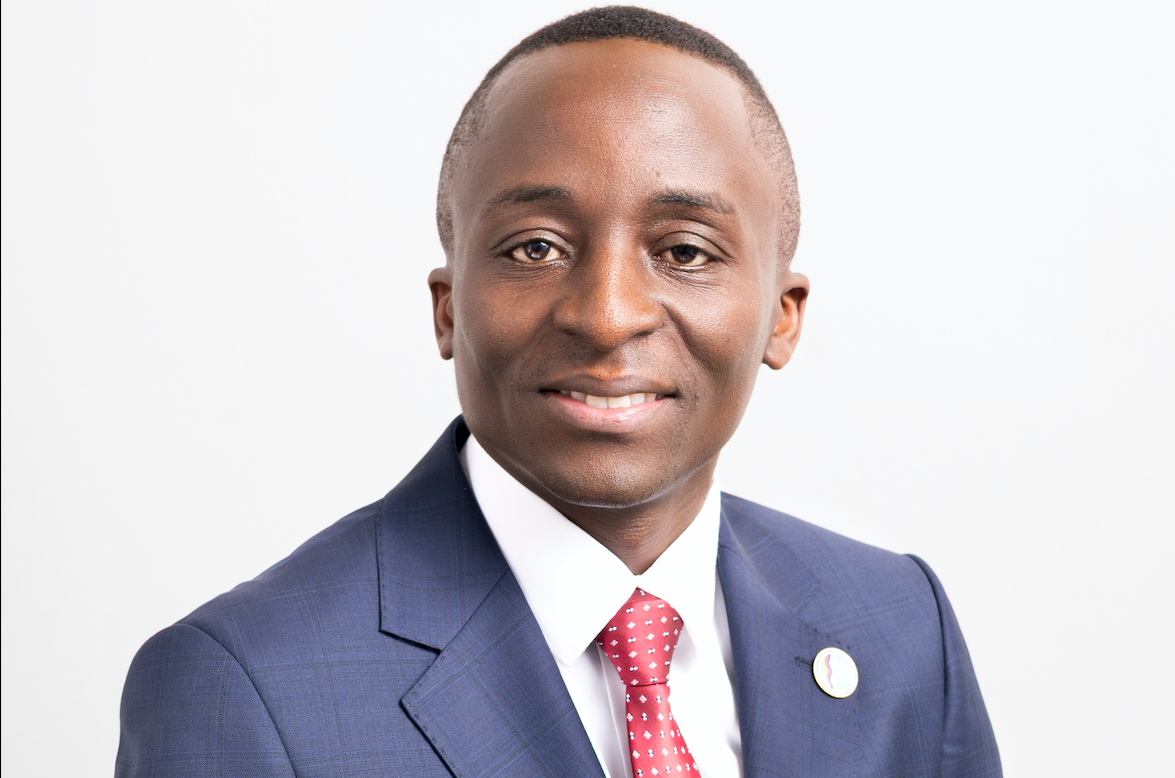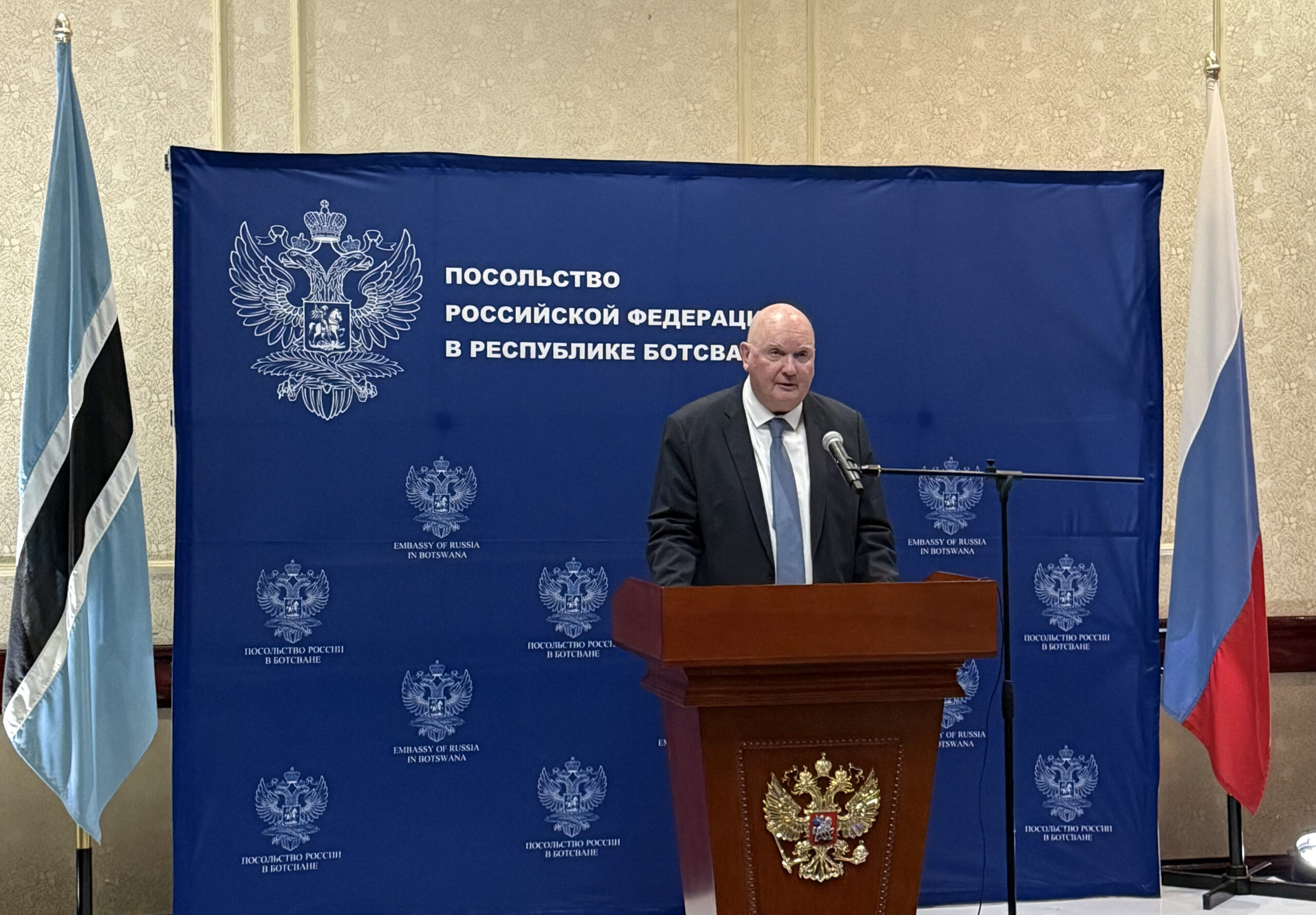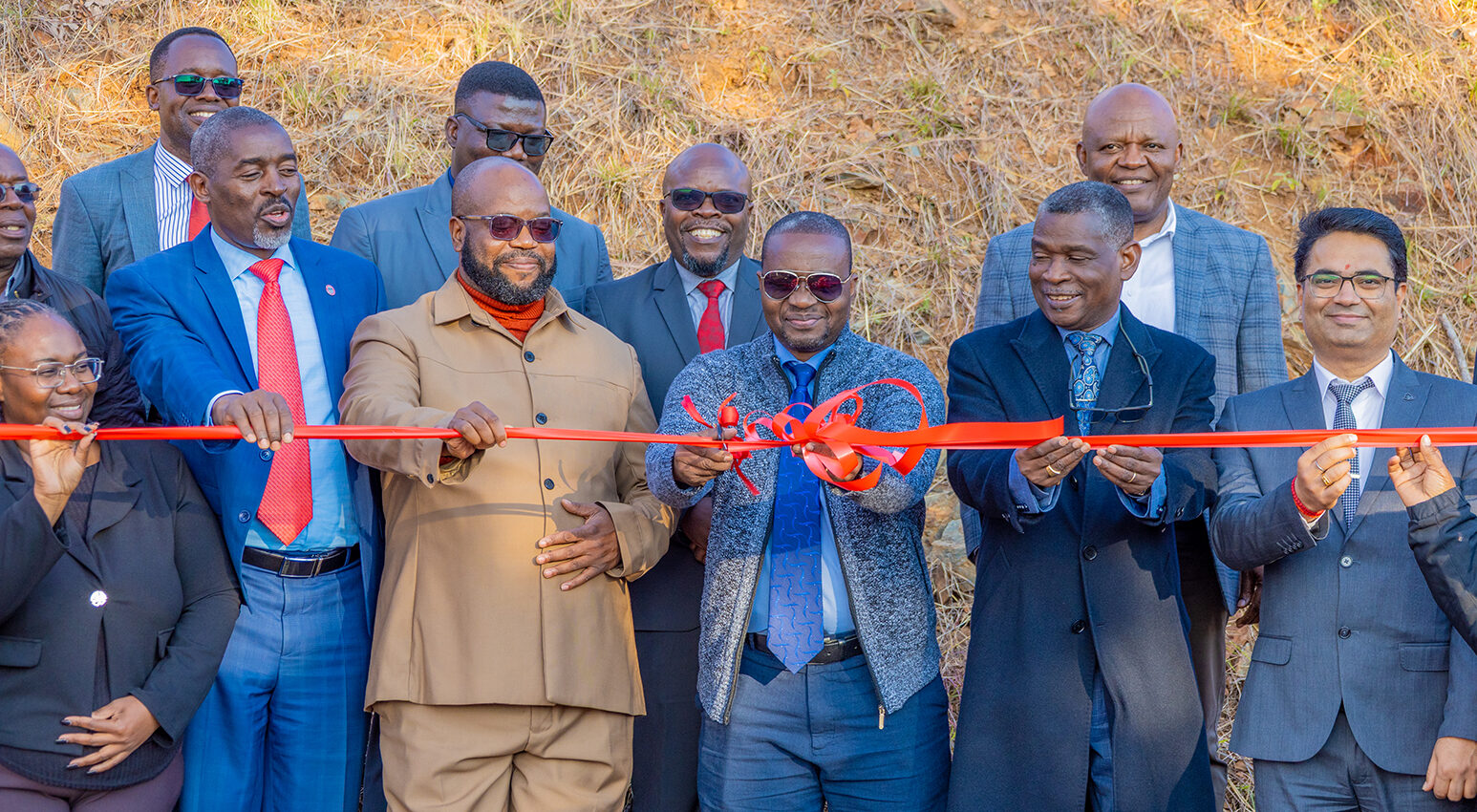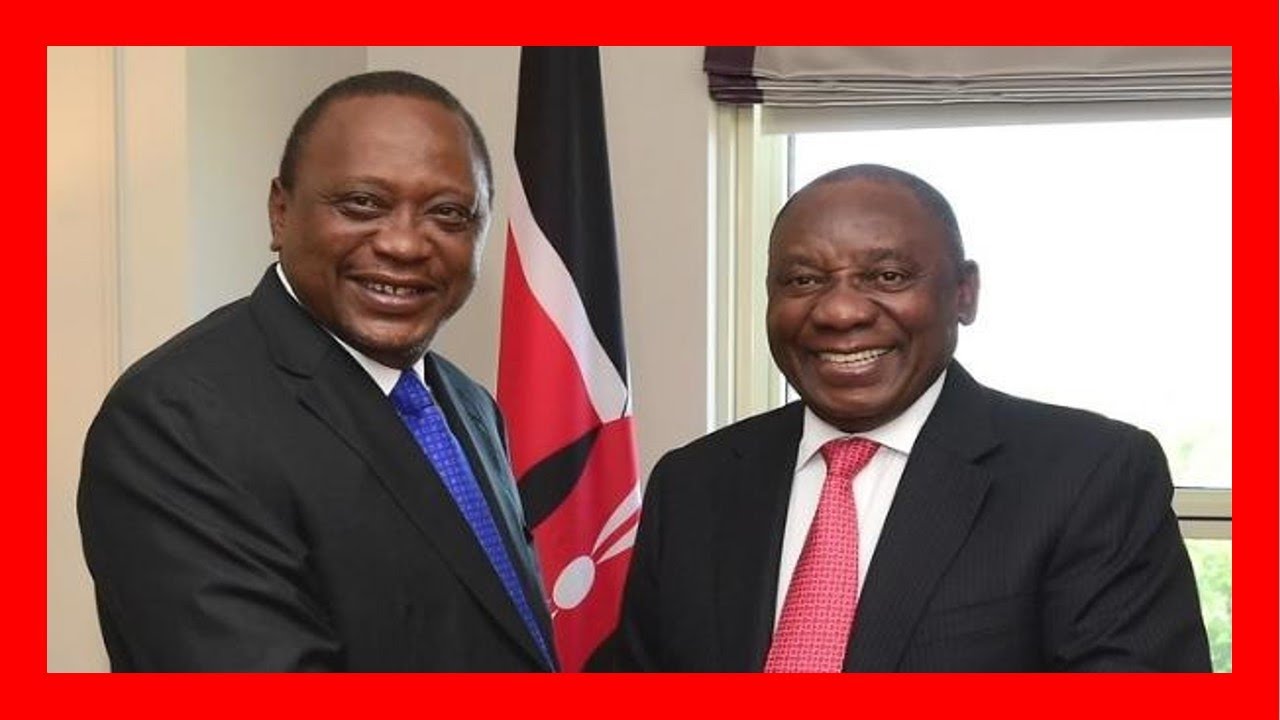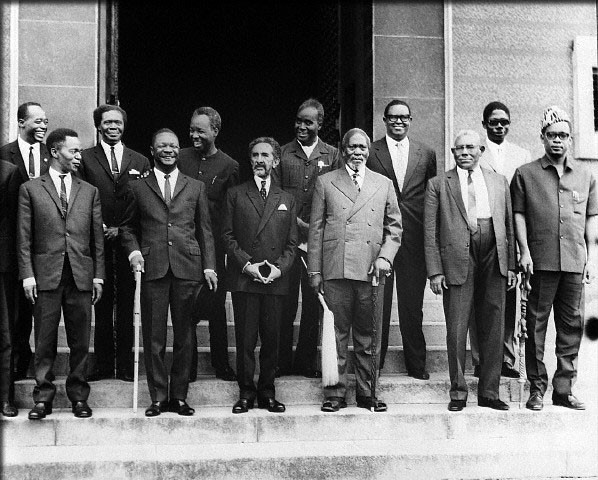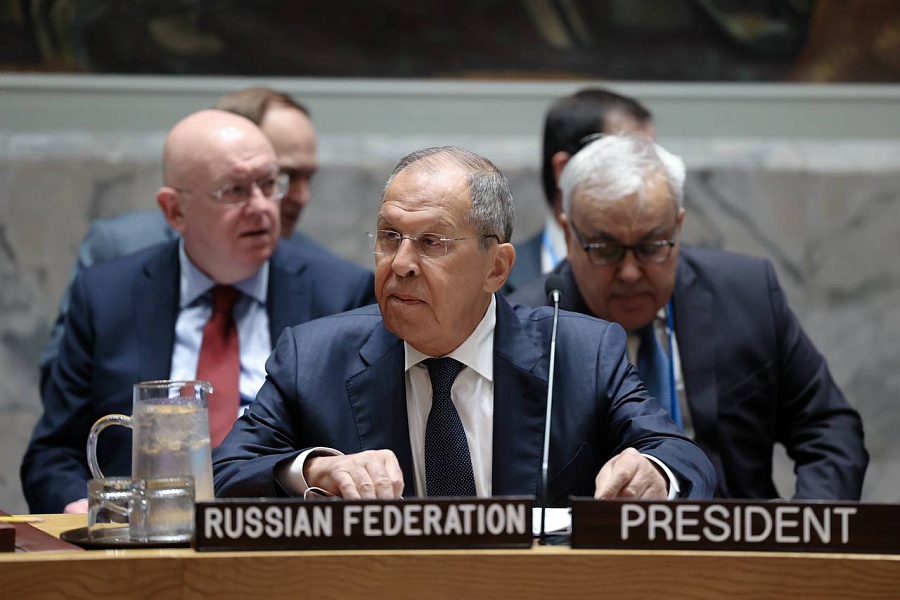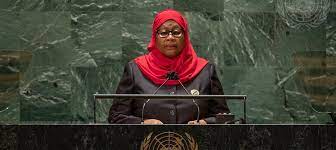
Tanzania's President Samia Suluhu Hassan
UNITED NATIONS, Sept. 24 (Xinhua) — Access to COVID-19 vaccines came under the spotlight Thursday at the UN General Assembly, as leaders from Africa sounded the alarm on vaccine shortages in the region and called for equitable access to the life-saving shots.
“VACCINE APARTHEID”
African leaders lamented the jarring disparity in vaccine access across the globe on the third day of the Assembly’s general debate.

While wealthy countries including the United States, Britain and Israel have started or are mulling plans to administer a third booster shot to fully vaccinated individuals, many African countries are still struggling to offer the first jab to their people.
Statistics from the African Center for Disease Control and Prevention show that only 4.06 percent of the population in Africa has been fully immunized against COVID-19. The World Health Organization said Thursday that vaccine shipments to Africa must rise by over seven times from around 20 million to 150 million each month on average to achieve the target of fully vaccinating 70 percent of its people by September 2022.
Namibia’s President Hage Geingob told the UN meeting that global vaccine inequality is so severe that it amounts to “vaccine apartheid.”
“It is a pity that we have a situation where, in some countries, citizens are at a stage of receiving booster shots, while in other countries, many are still waiting to receive their first doses,” he said.
This bleak picture was echoed by Tanzania’s President Samia Suluhu Hassan, who called the level of global vaccine inequity “appalling” in her maiden speech to the Assembly.
“It is truly disheartening to see that whilst most of our countries have inoculated less than 2 percent of our populace and thus seek more vaccines for our people, other countries are about to roll out the third dose,” she said, calling on countries with surplus vaccine doses to share them with countries in need.
While it was through solidarity and cooperation that countries were able to access medical supplies during the virus outbreak last year, the global community has not sustained those principles in securing equitable access to vaccines, said South African President Cyril Ramaphosa while addressing the meeting virtually.
Ramaphosa called for a temporary waiver of some provisions of the Agreement on Trade-Related Aspects of Intellectual Property Rights at the World Trade Organization, which will allow low- and middle-income countries to produce vaccines.
Leaders from countries outside Africa also spoke out against the widening vaccine inequality and joined the call for fair vaccine access.
Bolivian President Luis Alberto Arce Catacora condemned the continued inequity in global vaccine distribution, stressing that no one should seek to profit from the global health crisis.
He called on transnational companies to waive their patents and urged the UN and governments to work in solidarity to avoid vaccine hoarding.
CLIMATE CHANGE, AFGHANISTAN CRISIS
Climate change was also on the agenda at Thursday’s meeting.
Panama’s President Laurentino Cortizo Cohen urged the world leaders present at the meeting to realize the severity of climate change. “What more do global leaders need to understand this very tragic reality?” he asked.
President of Guyana Mohamed Irfaan Ali noted that the burden of reducing global emissions was not shared equitably, calling for joint efforts to help the most vulnerable economies build up resilience against climate events.
Citing Iraq’s efforts to create a green economy, Iraqi President Barham Salih said “We may have different political views, but we must remain united on climate change.”
The Afghanistan crisis was also brought to the fore at the meeting.
Tajikistan’s President Emomali Rahmon, noting his country shares a long border with Afghanistan, stressed that recent developments there pose a serious threat to regional security and stability.
The Taliban’s rise to power has further complicated the region’s already complex geopolitical process, given its failure to deliver on earlier promises for a comprehensive government with broad participation of Afghan political and ethnic forces, Rahmon said.
Mario Draghi, prime minister of Italy, said the Afghanistan crisis poses the “risk of a social and civil catastrophe” in the country and region.
Noting the presence of groups affiliated with Al-Qaida and Da’esh inside Afghan territory, he called on the international community to prevent Afghanistan from once again becoming a menace to international security.
